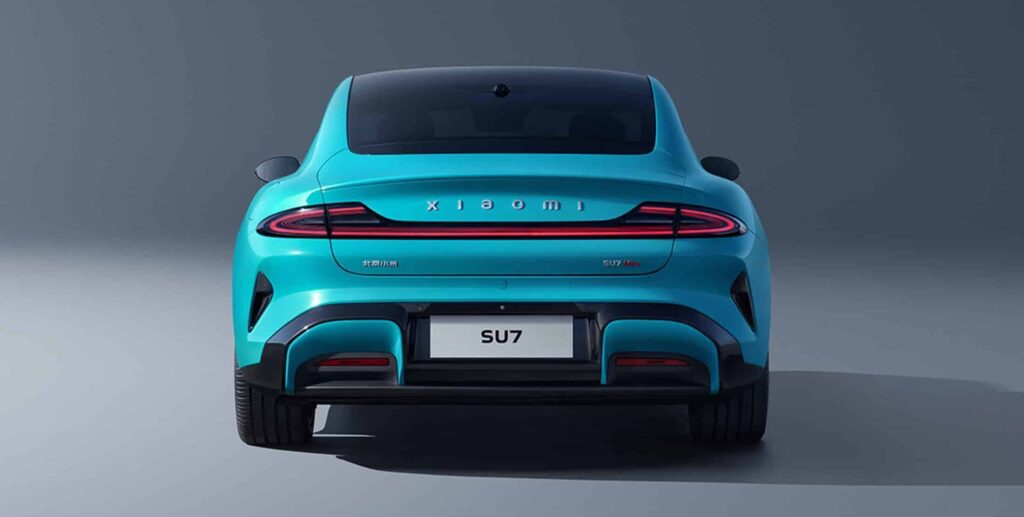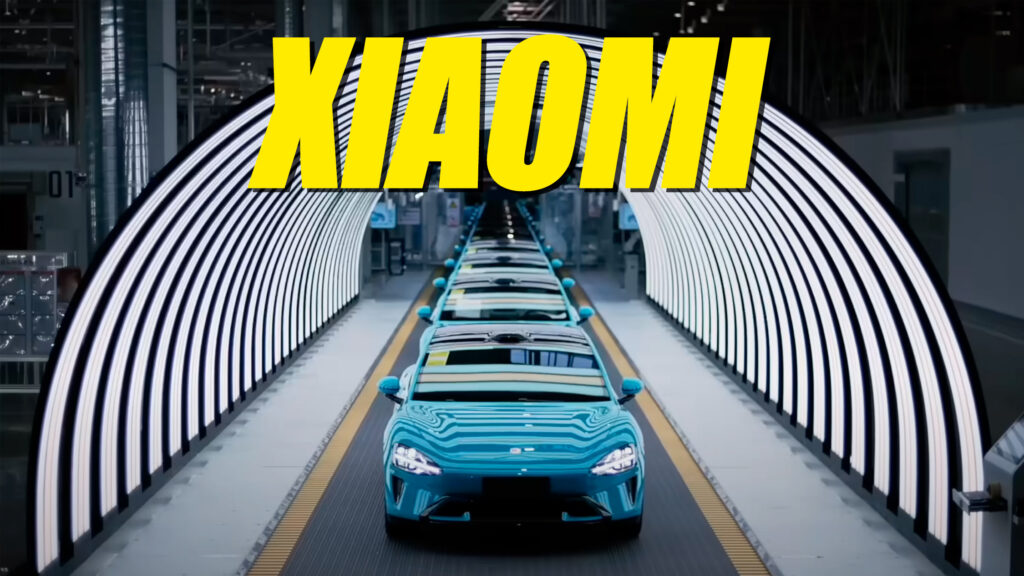- More than 75,000 orders have been placed for the SU7 in China.
- Xiaomi’s advanced EV factory has robots to transport components around the factory.
- The SU7’s driver-assistance systems have been configured to drive the vehicle autonomously off the production line.
When Chinese smartphone giant Xiaomi announced its plan to get into the EV business back in 2021, many dismissed it as just another company with grandiose plans that would never see the light of day. Fast forward to 2024 and deliveries of the brand’s SU7 are already underway.
Xiaomi says it’s received more than 75,000 orders for its battery-electric sedan and to meet the demand, it needed a state-of-the-art factory. This site is located in Yizhuang, Beijing, and a new video released by the company shows how the factory can build an SU7 every 76 seconds.
Read: Xiaomi CEO Says Demand For Its SU7 Has Been Much Higher Than Expected
Being a technology company, it comes as no surprise that Xiaomi relies heavily on automation to build its first EV. The procedure starts at the factory’s hypercasting area, where large parts of the SU7 are quickly and efficiently stamped. Robots are then tasked with assembling the SU7’s body-in-white and performing all the welds and the necessary adhesives. Additionally, robots are used to maneuver different parts around the factory and advanced lasers are used to scan each part and ensure it’s perfect.
Unsurprisingly, robots are also used to paint every SU7 to roll through the production line, Heck, they are even tasked with polishing the car’s exterior. Robots also fit the car’s roof and even assemble most of the chassis.
This video skips over many of the key parts of the assembly process which, we presume, rely more heavily on factory workers. For example, the clip doesn’t show how the interior is assembled. When the SU7 is complete and inspected, its automated driving systems automatically drive it off the assembly line.
A key reason why the SU7 is proving so popular in China is that it starts at the equivalent of just $29,900, significantly undercutting the locally-made Tesla Model 3, despite being more generously equipped and offering performance and luxury more akin to a Porsche Taycan. Analysts believe Xiaomi is losing approximately 68,000 yuan (~$9,400) on each SU7 it sells.




